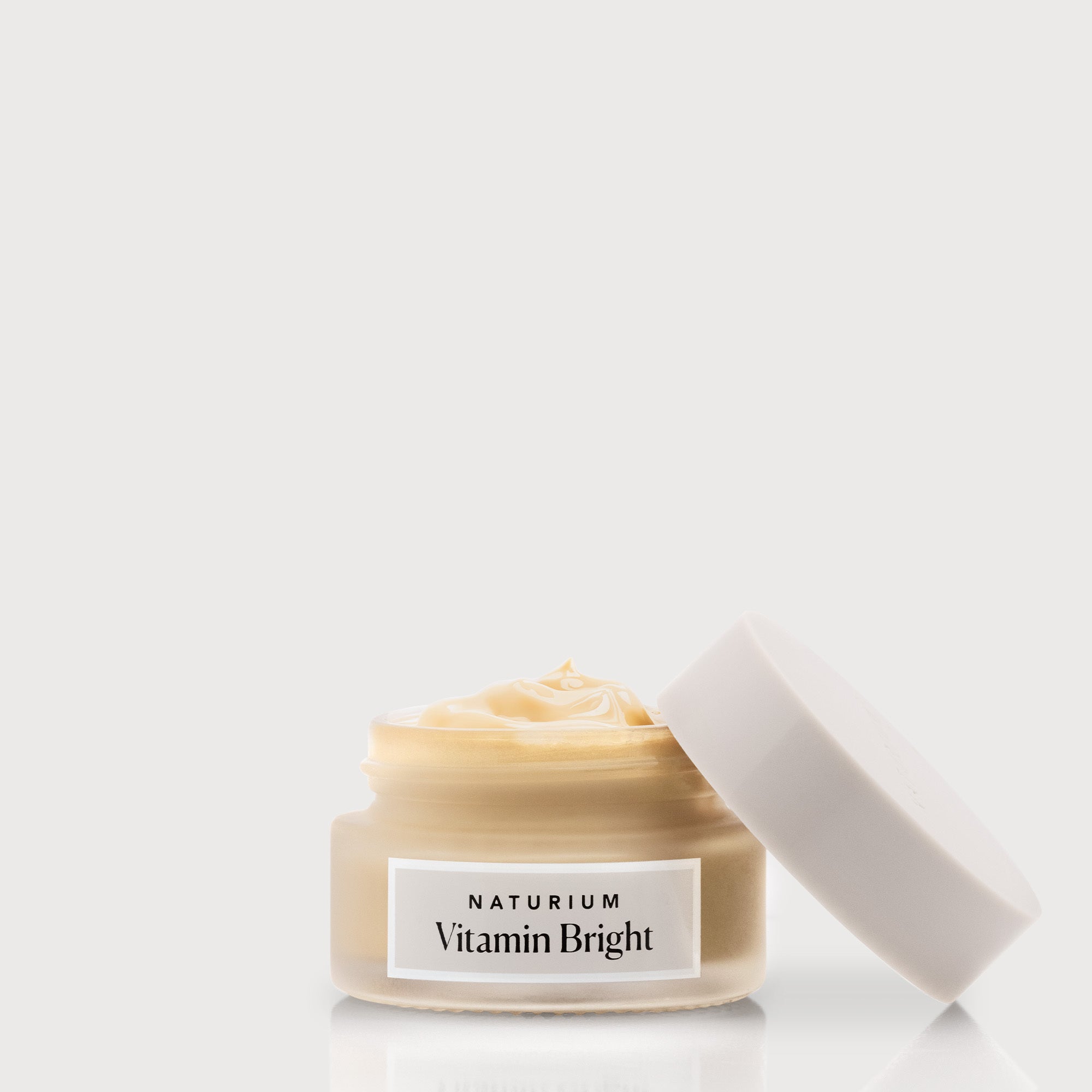Index Surge: Amplifying Your Insights
Stay updated with the latest trends and news across various industries.
Eyes Wide Open: The Truth About Eye Creams
Unlock the secrets behind eye creams! Discover what really works, what’s hype, and how to choose the best for your eyes.
Are Eye Creams Worth the Hype? Unpacking the Myths and Facts
When it comes to skincare, eye creams often attract a slew of opinions and marketing buzz, leaving many consumers questioning: Are they truly worth the hype? Many products claim to tackle dark circles, puffiness, and fine lines, but the reality is more nuanced. The skin around the eyes is indeed delicate and may require specialized care. However, many dermatologists suggest that a well-formulated moisturizer can often serve a similar purpose, leading to the myth that eye creams are an absolute necessity. Understanding the ingredients and how they work is crucial for making informed decisions about eye care.
Furthermore, the effectiveness of eye creams largely depends on their formulation rather than their categorization as 'eye-specific.' Ingredients like hyaluronic acid, peptides, and caffeine have shown clinical benefits in reducing puffiness and hydration. However, it is essential to manage expectations; while these creams can be beneficial, they are not miracle solutions. Factors such as genetics, lifestyle choices, and overall health significantly impact the appearance of the eyes. Thus, rather than solely relying on eye creams, adopting a comprehensive skincare routine that includes sun protection, hydration, and a balanced diet could provide more substantial long-term results.

The Key Ingredients to Look for in Eye Creams: What Really Works?
When searching for effective eye creams, it’s crucial to identify key ingredients that deliver results. Look for peptides, which help to stimulate collagen production and can reduce the appearance of fine lines. Additionally, hyaluronic acid is a standout ingredient known for its incredible moisture-retaining properties; it helps keep the delicate eye area hydrated and plump. Another essential ingredient is retinol, a form of vitamin A that promotes cell turnover and can visibly improve the texture and firmness of the skin around the eyes.
In addition to these powerhouse ingredients, consider the benefits of caffeine, which can help reduce puffiness and dark circles by constricting blood vessels. Antioxidants, such as vitamin C and green tea extract, are also vital, as they protect the skin from free radical damage and promote a brighter complexion. Lastly, always check for fragrance-free formulations, as they are less likely to irritate sensitive skin. By focusing on these key ingredients, you can significantly improve the effectiveness of your eye cream and achieve more youthful-looking skin.
How to Choose the Right Eye Cream for Your Skin Type
Choosing the right eye cream for your skin type is essential for achieving optimal results in your skincare routine. Start by identifying your specific skin concerns, such as puffiness, dark circles, or fine lines. For dry skin types, look for creams that contain hydrating ingredients like hyaluronic acid or glycerin, which can lock in moisture. If you have oily or acne-prone skin, opt for lightweight, oil-free formulas that won’t clog pores. Additionally, consider your age and skin's unique needs—young skin might benefit from prevention-oriented ingredients like antioxidants, while mature skin may require more intensive anti-aging components.
The application technique can also influence how effective the eye cream is for your skin type. Always use your ring finger, as it applies the least pressure, to gently tap the cream around the orbital bone instead of rubbing it in. This method not only helps to avoid irritating the delicate skin but also promotes circulation and helps reduce puffiness. Remember, consistency is key—give your chosen eye cream time to work its magic, and you may find a significant improvement in your eye area. Choose wisely, and your eyes will thank you!